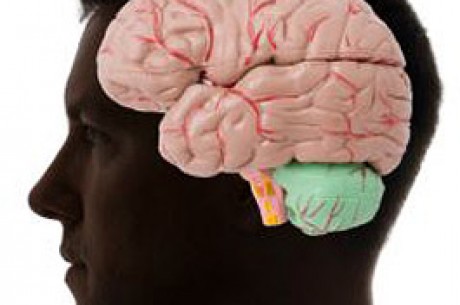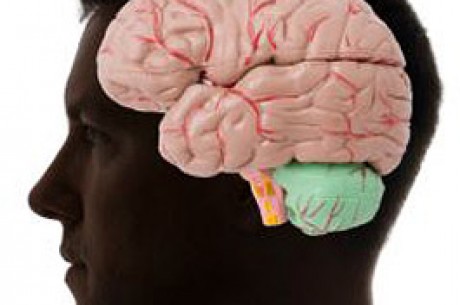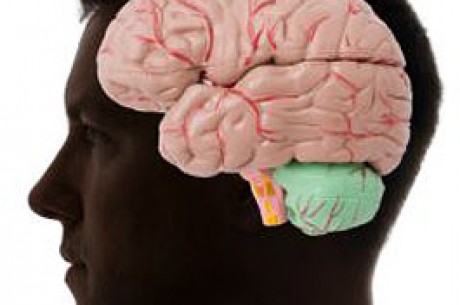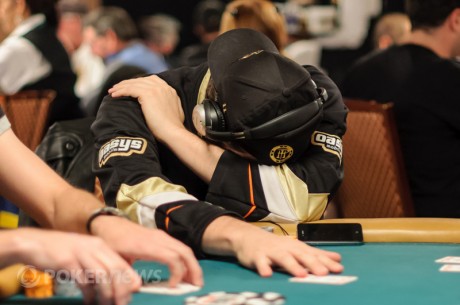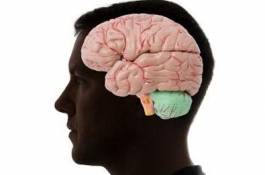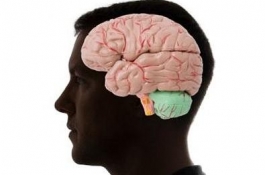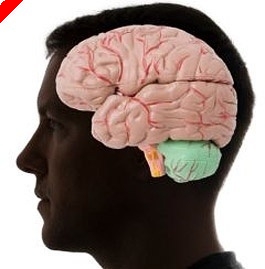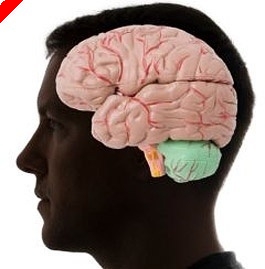The Poker Shrink, Volume Seven – What is Poker Psychology, Part One
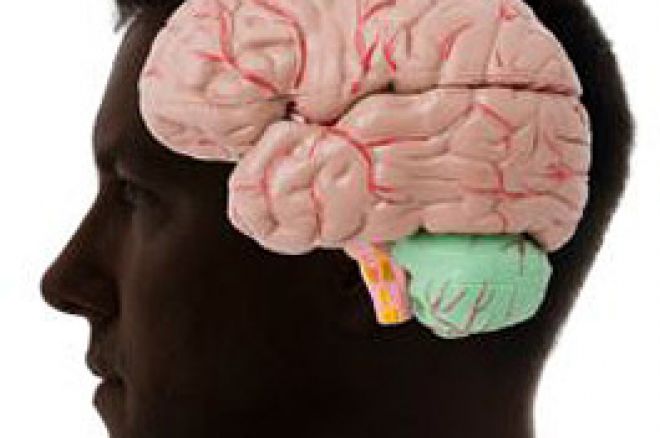
This begins a series of articles on Psychology and Poker. In this first article we explore two basic questions: What is Psychology? & What is Poker Psychology? Future articles will ask and answer the opposite question: What is not Poker Psychology and then we will take a few weeks to consider reverse psychology and its use at the poker table.
So we begin with a simple question: What is Psychology? Too often words and their meaning get generalized in everyday usage. Xerox is the example will always use as the example, not every machine is a Xerox but we all say: "Xerox that report" instead of "copy those papers". Psychology is one of those terms. Let's be very specific about what psychology is and is not. For a good definition of just about anything I always turn to the second best thing about the internet: Wikipedia.
"Psychology is an academic and applied field involving the study of the human mind, brain, and behavior."
The key word here is behavior. In psychology and in particular poker psychology we are attempting to mask, hide or give misinformation about our own behavior; while, at the same time, precisely interpreting the behavior of our opponents. Also whenever you see the words "mind" or "brain" used in a psychological context remember the "body" is included in these general terms. Psychological reactions are those of the mind, brain, body and, if you will, heart and soul. The complete complex of human personality is the field of psychology and is the set of factors we are attempting to "read" when we employ poker psychology.
More from Wikipedia:
"Psychology also refers to the application of such knowledge to various spheres of human activity, including problems of individuals' daily lives and the treatment of mental illness."
Here is where poker psychology hits the wall of our pathologized modern culture. If you think you have a gambling problem, there is an 800 number on the wall of every casino and at the bottom of every internet gambling site. We are not talking about mental illness or any other similar problems here, unless it is the problem of how to get that calling station in seat four to fold to your opening raise with pocket Jacks. We are going to talk about "problems of daily lives" only insofar as those problems have to do with the psychology of playing winning poker. Poker is not an illness, despite what some politicians in congress would have you believe and adults have every right to play poker or bet on a horseshoe match if that is what they wish to do.
Finally, Wikipedia finishes up with this:
"Psychology differs from anthropology, economics, political science, and sociology in seeking to explain the mental processes and behavior of individuals."
If we could only see into our individual opponents mind and heart we would know how they intend to behave on each hand. Since we can't quite do that, how do we do the next best thing and approximate their behavior to predict it and to recognize it when it happens? The answer lies not in knowing each individual opponent but rather in recognizing that there is a finite set of emotions, thoughts, feelings and reactions available to each of us in any situation. When we think about poker the actions really are limited to fold, bet, raise, check. The intent of poker psychology is to gain information about your opponent mental process when they take one of these very simple actions. The other side of the chip is to limit the information you give out when you bet, check or raise and even to distort that information to your advantage.
Here is this week's assignment. The 2006 WSOP is running right now nearly 24/7 on ESPN. When you watch try to get a read on the players in any hand not base on what Lon or Norman are saying but on how the player is acting and what they are saying. Sure it's more difficult since you can see the hole cards (do you have the Final Table on tivo?) but give it a try. My first observation: Notice how many players, after much thought, make the bad call on the river.
Next week, more on this topic including what it is not Poker Psychology.
Ed Note: Paradise Poker is a great place for players to make bad calls on the river. Check it out.

